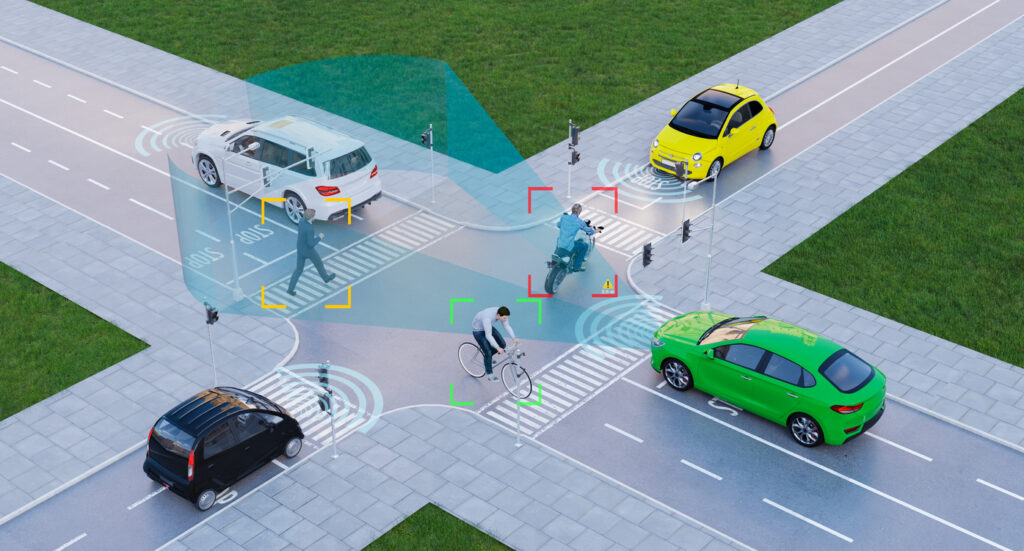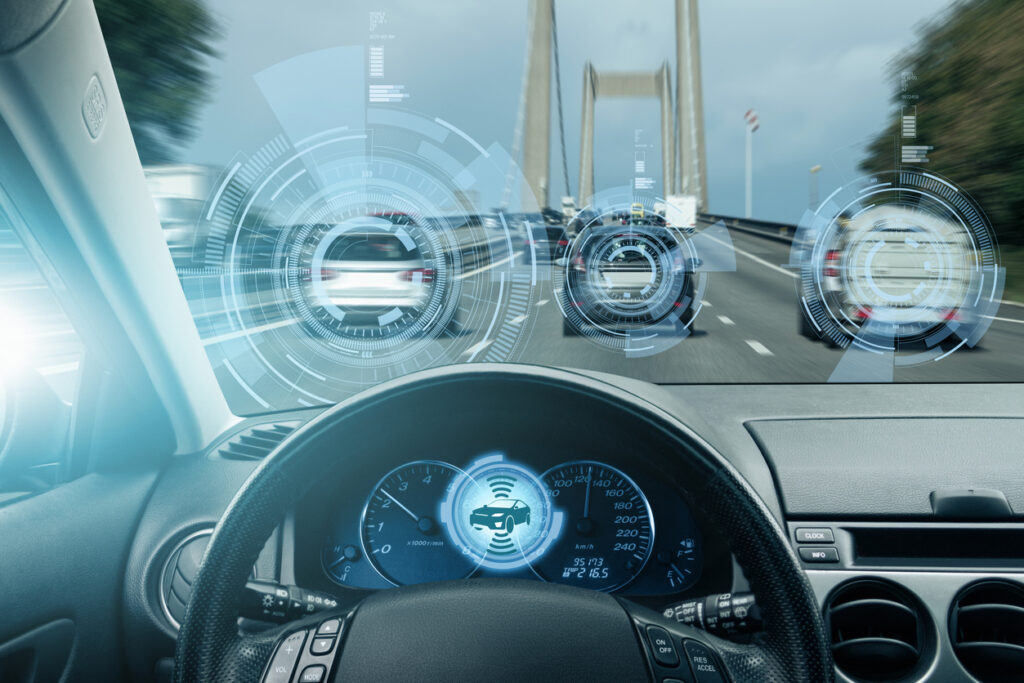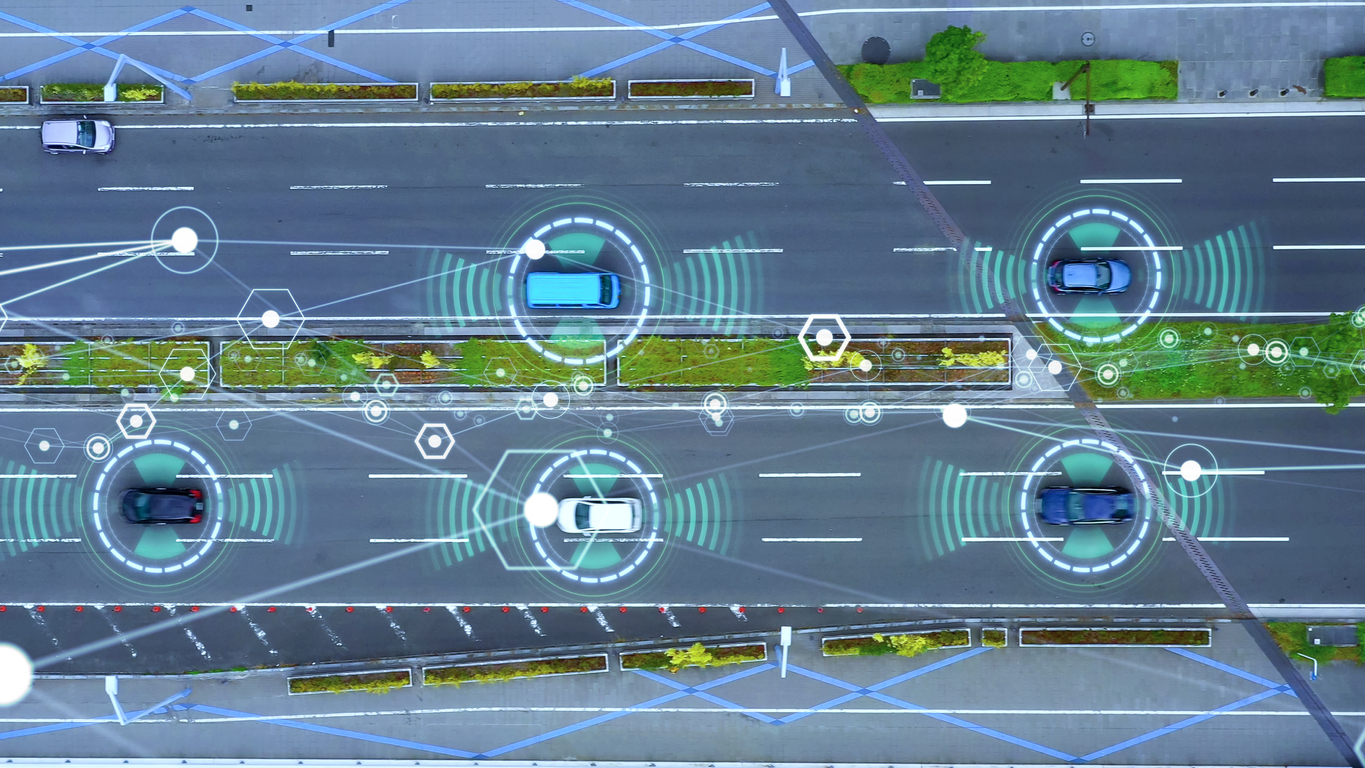The transport sector is facing its biggest transition since motor vehicles with electric cars and smart mobility, changing the way of living by transforming cities and improving life.
With cutting-edge technologies revolutionising the way we move, self-driving cars have grabbed the spotlight but there is a whole new world of smart solutions beyond autonomous vehicles. In this article you can explore a realm of innovation, where safety reaches new levels with IoT intelligent traffic and parking management systems and real-time traffic updates are possible.
Fasten your seatbelt and dive into more efficient, connected and sustainable transportation networks that are redefining the way we travel.
Intelligent Transport System
With the ongoing trend which is smart mobility, soon we will enter the ‘Mobility 2.0’ phase with autonomous and connected vehicles. Intelligent transport systems (ITS) will play a crucial role as we move towards this. ITS aims to achieve traffic efficiency through information and communication technologies to minimise traffic problems and improve safety. Using sensing, analysing, control and communication technologies, ITS improves drivers’ experience and gives information about traffic, seat and parking availability and real-time data.
“Intelligent Transport Systems (ITS) are vital to increase safety and tackle Europe’s growing emission and congestion problems. They can make transport safer, more efficient and more sustainable by applying various information and communication technologies to all modes of passenger and freight transport.”
– European Commision
Key trends in smart transportation
According to Allied Market Research, in 2020, the market for smart transportation was estimated to be worth $96.6 billion, and by 2030, it is expected to be worth $251.0 billion, rising at a CAGR (compound annual growth rate) of 10.2%. With this growth in mind, we are focusing on some of the expanding trends. Uncover with us the latest advancements that are propelling us forward into a new era of mobility.
Intelligent traffic management systems

An intelligent traffic management system (ITMS) is an advanced network of technology and solutions created to increase the overall transportation effectiveness. It makes use of cutting-edge sensors, data analytics, communication networks, and real-time monitoring. With wireless connection and smart sensors, an IoT-enabled intelligent traffic management system may address specific issues based on information on traffic conditions and dynamically respond to changes.
An ITMS is seen as the foundation of a smart city and contributes to the comfort and safety of drivers, passengers, and pedestrians. All road users benefit from a better, more sustainable urban mobility experience because of its proactive control of traffic flow, reduction of congestion, and reduction of pollution.
Smart sensors solutions
Sensors became quite popular in the newer models of cars enabling drivers to effortlessly measure their proximity to other vehicles while parking, allowing them to shift their focus to the screen and access crucial details. But innovation will go beyond this implementation. As sensors are getting more and more advanced, the technology will be used in other applications.
The transition towards more autonomous cars relies on sensors. They are used by self-driving vehicles to guarantee that they have an accurate perception of their surroundings. The car’s computer then analyses the information gathered from these sensors and decides in real time how to safely navigate the vehicle. On top of that, sensors enable monitoring of a car’s temperature, cooling system, engine, oil pressure, pollution levels, speed, and other factors. Sensors can even help in preventing accidents.
Smart IoT Parking Sensors Solutions

Smart parking systems use sensors, data analytics (cloud), and a gateway to offer real-time information on parking availability and optimise parking resources. Thus as part of the IoT system, the data is stored in the cloud and could be monitored and controlled remotely, enabling improved parking operations, easing traffic congestion and increasing mobility.
Advanced traveller information systems
With the growing number of vehicles on roads, there are some problems involved, including traffic, roadblocks, accidents, etc. Therefore, the advanced traveller information system (ATIS) is a solution for this. ATIS is an information system in public transport which provides information for the general public about detours, lane closures, road conditions, and camera images. It is a promising technology that can improve the efficiency of urban transportation and reduce traffic congestion.
Mobility-as-a-Service (MaaS)
Another trend on our list, Mobility-as-a-Service (MaaS), focuses on integration of various modes of transportation into a single platform. It offers users the convenience of planning, booking, and paying for different transportation options through one app. MaaS relies on technology, connectivity, and data analytics to provide real-time information and seamless payment systems. MaaS has the potential to transform transportation by offering a convenient, efficient, and sustainable way to navigate our surroundings. It enhances accessibility, promotes sustainable transportation, and simplifies the travel experience.

One brand that focuses on MaaS solutions is Siemens. In order to cover everything from travel planning to booking and ticketing, Siemens Mobility and HaCon have developed a number of effective multimodal MaaS solutions. And as the brand claims, some of these platforms are even more regularly utilised than Google Maps.
Electric vehicles and charging infrastructure
The last trend does not need to be introduced. Electrification of cars is becoming a reality, already some countries have more EV than petrol/diesel cars. Electric cars promote sustainable and clean mobility as they offer reduced emissions and lower operational costs.
The adoption of EVs is made easier by charging infrastructure, which includes a variety of charging stations. This trend strives to lessen dependency on fossil fuels and develop a more environmentally friendly transportation system. Visit this page to read more about electric cars.











